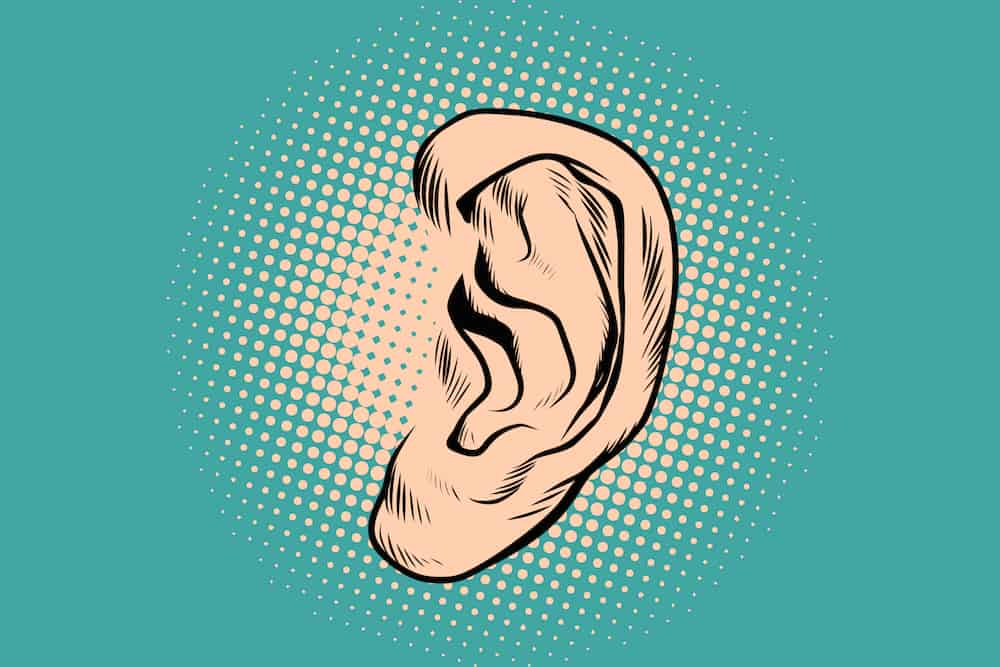

Synonymity, antonymity, and association in false recognition responses. There is also the tendency among synesthetes with ordinal linguistic personification to attribute a trait to an entire word based on the trait associated with the words initial letter. Journal of Experimental Psychology, 1969, 82, 400–402.įRIJDA, N.

Words as feature complexes: False recognition of antonyms and synonyms. Psychonomic Science, 1969, 14, 269–270.įILLENBAUM, S. is conducted centrally by the cochlear branch of the auditory nerve, and is coordinated. Encoding homophones and synonyms for verbal discrimination. Spence (Eds.), Advances in the psychology of learning and motivation. A multicomponent theory of the memory trace. Association, synonymity, and directionality in false recognition. An auditory hallucination, or paracusia, is a form of hallucination that involves perceiving sounds without auditory stimulus. People who are deaf or hard of hearing may have speech that is difficult to understand due to the inability to hear their own voice.įor more information on appropriate terminology, consult the resource at the National Association of the Deaf titled Community and Culture - Frequently Asked Questions.įor additional resources visit the National Association of the Deaf or the Hearing Loss Association of America.ANISFELD, M., & KNAPP, E.

Alternatively, or in addition, they may read lips, use sign language, sign language interpreters, and/or captioning. This is the British English definition of auditory.
#Auditory synonym free#
"Deafened" usually refers to a person who becomes deaf as an adult and, therefore, faces different challenges than those of a person who became deaf at birth or as a child.ĭeaf, deafened, and hard of hearing individuals may choose to use hearing aids, cochlear implants, and/or other assistive listening devices to boost available hearing. Synonyms for Auditory hallucinations in Free Thesaurus. Definition and synonyms of auditory from the online English dictionary from Macmillan Education. "Hard of hearing" refers to a hearing loss where there may be enough residual hearing that an auditory device, such as a hearing aid or FM system, provides adequate assistance to process speech. to read each card aloud as they match them (to help the auditory learners). "Deaf" usually refers to a hearing loss so severe that there is very little or no functional hearing. A synonym is a word which has the same or nearly the same meaning as another. Many individuals who are deaf or hard of hearing prefer the terms "deaf" and "hard of hearing," because they consider them to be more positive than the term "hearing impaired," which implies a deficit or that something is wrong that makes a person less than whole. The term "hearing impaired" is often used to describe people with any degree of hearing loss, from mild to profound, including those who are deaf and those who are hard of hearing. There is often confusion over the terms "hearing impaired," "hard of hearing," "deaf," and "deafened," both in definition and appropriateness of use. This involves visual or auditory as well as shock pathways that project via the.


 0 kommentar(er)
0 kommentar(er)
